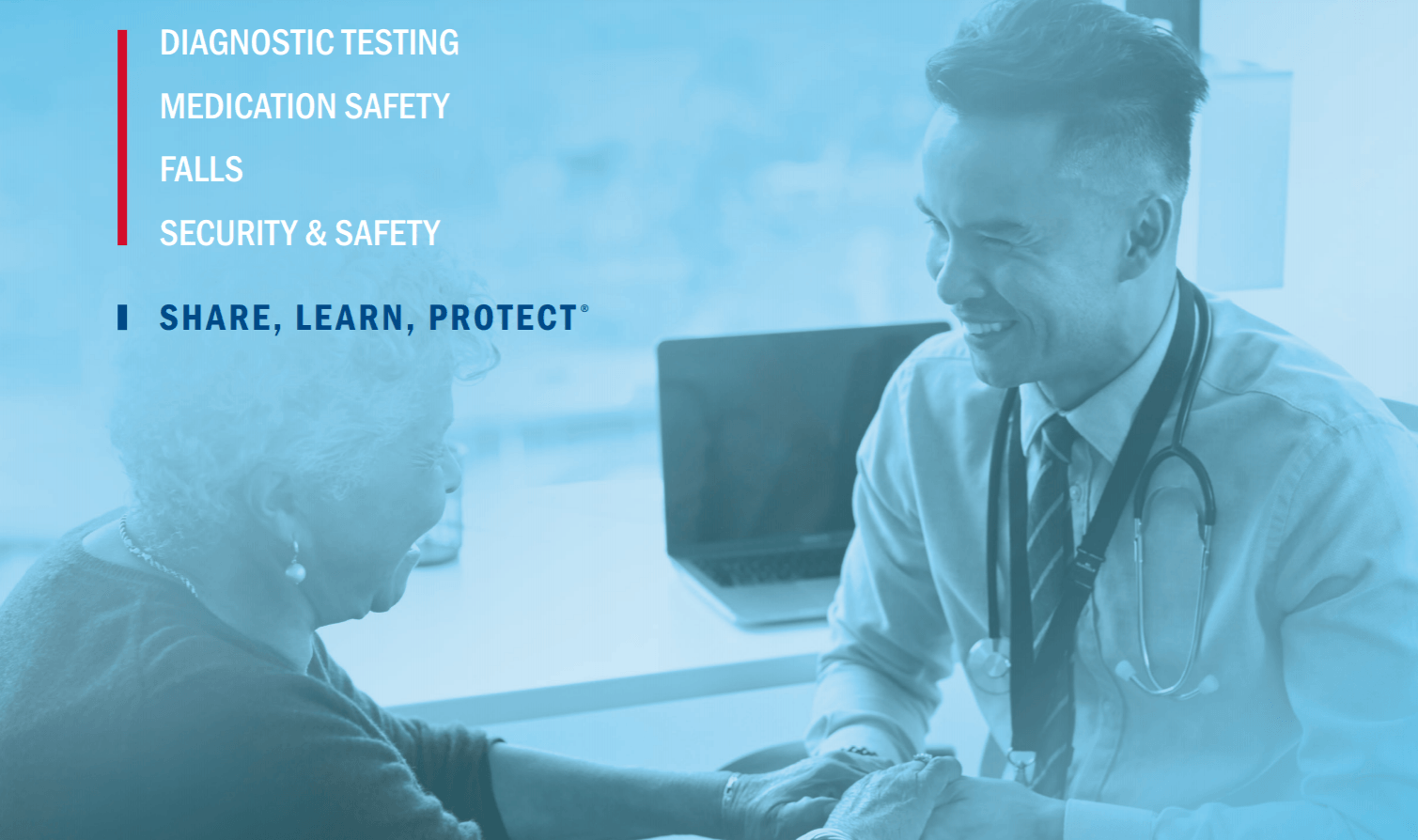
– ECRI Institute report reveals diagnostic testing and medication events are the most frequent safety risks patients face in ambulatory care.
– Analysis of more than 4,300 adverse events reveals bifurcated healthcare system challenging outcomes.
Diagnostic testing and medication events are the most frequent safety risks patients face in ambulatory care, according to new research from ECRI Institute, the nation’s leading independent, non-profit patient safety organization. ECRI Institute’s Deep Dive: Safe Ambulatory Care, Strategies for Patient Safety & Risk Reduction identifies solutions for five key types of safety challenges occurring in ambulatory care, the largest and most widely used segment of the healthcare system.
Evolution of Ambulatory Care
In recent years, many ambulatory care practices have evolved from being largely independent operations to becoming part of accountable care organizations (ACOs) or entering into affiliations with—or becoming owned by—local regional hospitals or larger health systems. Processes and policies between and among organizations can be disjointed, making care coordination difficult at times; for example, consultation reports may not be available to primary care physicians, or centers within the same healthcare organization may have different record-keeping systems. Whether a care setting is part of an ACO, is affiliated with or owned by a larger system, or operates independently, all staff must possess or develop skills to strengthen teamwork, communication, and collaboration. Training, support, and organizational culture must echo these goals, just as they must in a hospital environment.
As more healthcare encounters and procedures shift from hospitals to smaller, less expensive ambulatory settings, such as physician practices and community health centers, as part of achieving the Institute for Healthcare Improvement’s (IHI) Triple Aim Initiative—better care for individuals, better health for populations, and lower per capita costs—a health system’s patient safety efforts must reach and embrace these settings of care.
5 Types of Ambulatory Care Challenges
Challenges in this endeavor include the following:
1. Rapid acquisition of new, geographically dispersed locations or practices
2. Fewer resources or still developing utilization of system resources dedicated to safety, quality, and risk compared with hospitals
3. Divergent processes, procedures, and workflows across settings
4. Less formal training and experience in safety and quality improvement methods among clinical staff
5. A need for a cultural shift toward improving safety reporting and monitoring
ECRI Analysis/Approach to Adverse Events
ECRI Institute analyzed 4,355 adverse events reported by physician practices, ambulatory care centers, and community health centers between December 2017 and November 2018. Nearly half of the events involved diagnostic testing errors; a quarter involved medication safety; the rest involved falls; security and safety; and privacy-related risks.
Top 4 Biggest Risks in Ambulatory Care to Watch
The adverse events analyzed in ECRI Institute’s report included:
1. Diagnostic testing errors: Errors that occur during diagnostic testing can have potentially devastating consequences for patients. The majority of these errors involved in laboratory tests. Solutions include providing decision support tools to providers and monitoring processes for test tracking and follow-up.
2. Medication safety events: Two-thirds of the analyzed medication safety events were classified as wrong drug, wrong patient, or wrong time. Medication errors are a leading cause of malpractice claims in ambulatory care. They can occur during any stage of the medication process and are often the result of a series of failures within a system. Solutions include implementing standardized medication management procedures and creating a policy directing how to report and manage safety events.
3. Falls: Approximately 800,000 people will be hospitalized each year with a fall-related injury. Half of the events ECRI analyzed occurred in the exam room or waiting room. Solutions include screening for falls and proactively identifying patients at high risk.
4. HIPAA violations: Misunderstanding concerning Health Insurance Portability and Accountability Act (HIPAA) privacy and security rules prompted more than 350 HIPAA-related events to be reported to ECRI Institute. The majority of these pertained to an inadvertent disclosure of patients’ protected health information.
Security and safety incidents: The vast majority of events involved verbal threats or disruptive behavior by patients or visitors. Solutions include educating staff on what to do in a violent incident and conducting monthly security and safety surveillance rounds.
Why It Matters
“As healthcare delivery shifts from hospitals to ambulatory care settings, it can be challenging to coordinate care among various clinicians, systems, and facilities raising the potential for errors that put patients at risk,” said Marcus Schabacker, MD, Ph.D., president and CEO of ECRI Institute. “Reducing and eliminating adverse events in an outpatient environment will require an unprecedented commitment to collaboration and coordination.”
An executive brief of ECRI Institute’s Safe Ambulatory Care report is publicly available at https://assets.ecri.org/PDF/
